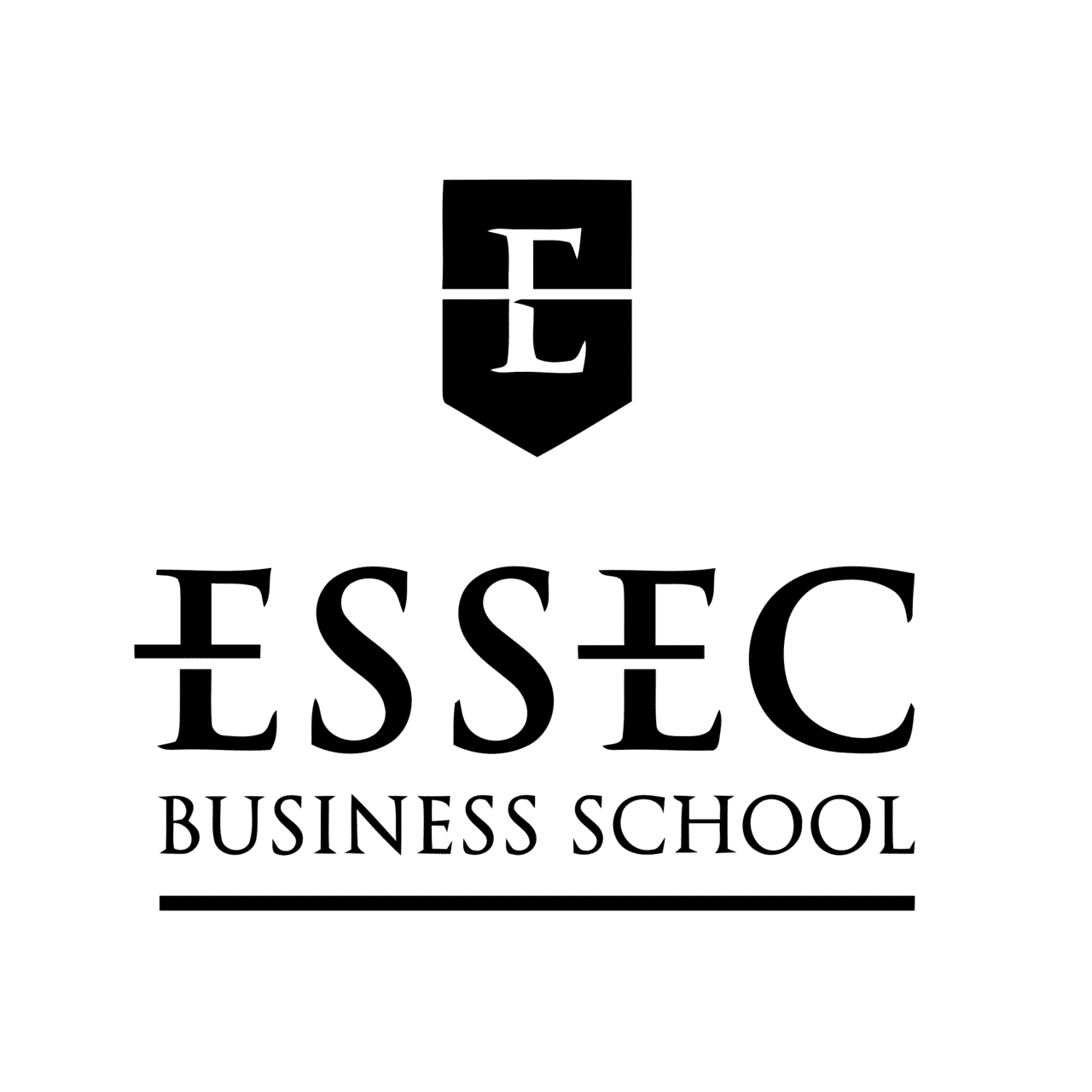Reimagining Impact: Sidharth Kamat’s Shift from Law to Sustainability
ESSEC Business School, with campuses in Paris, France, Singapore, and Morocco, ranks among the top institutions worldwide. At ESSEC, every program integrates sustainability with career-focused learning to develop future business leaders.
Sidharth Kamat, a Senior Consultant at KPMG’s Global Decarbonization Hub, specializes in sustainable strategy consulting. An ESSEC Global MBA graduate, he blends legal expertise with sustainability to drive impactful business solutions.
Sidharth’s journey highlights sustainability’s growing role in consulting. He transitioned from law to strategy, purposefully applying his MBA. His story demonstrates how business education evolves to address global challenges.
Sidharth emphasizes, “The whole idea of doing an MBA for me was to be able to use the information, the experiences, and the skills that I picked up in the past, but use it for something to have a better impact on society and business. (00:34)
His experience in international trade and economic policy strengthens his role, where he connects regulation with transformation. Sidharth’s vision benefitted from the future-focused MBA program at ESSEC.
Why ESSEC Was the Right Choice
ESSEC’s customizable curriculum allowed for exploring traditional disciplines and ESG-focused modules.
“ESSEC offered that perfect balance between strategy and business operations with an overarching framework of sustainability built right in.” (01:06) This hybrid focus helped Sidharth align his legal expertise with cutting-edge sustainability insights.
“At the same time, it was also a small cohort, which meant that I had greater access to all the professors, all their insights, and all the career-specific things that come within an MBA.” (01:40)
Small cohorts foster personalized mentorship and become invaluable assets for achieving his objectives for the MBA.
Faculty That Make a Difference
Sidharth credits Professor Sluss and strategy expert Professor Pooyan Khashabi for reshaping his thinking. Their case-based approach shifted him from analytical reasoning to impact-driven problem-solving.
“Professor Sluss is the academic director at ESSEC for the MBA. He’s a truly inspirational man. He really understands what the young folks, as he calls us…are expecting from an MBA.” (02:43)
ESSEC cultivates an MBA experience that aligns with students’ evolving expectations, blending innovation with real-world impact.
“These two professors really taught me how to think, rather than what strategy is or what operations is,” (03:21) Sidharth notes.
This teaching method fosters strategic agility, which is essential for navigating today’s fast-changing, sustainability-dependent economy.
The Power of the Alumni Network
The ESSEC alumni network expanded Sidharth’s reach from cold emails to meaningful introductions. He elaborates, “The student network at ESSEC is definitely extremely wide…I have great opportunities to talk to people who are legacy alumni.” (03:36)
The career center offered structured support, helping him connect with alumni who shared his vision and background. He asserts, “That really helped me land the job that I wanted and get that exact role that I was looking for.” (04:24)
Networking at ESSEC goes beyond jobs; it helps students find the right impact-driven path.
From Cynical to Strategic: A Mindset Shift
Sidharth acknowledges that ESSEC transformed his thinking, shifting his focus from barriers to impactful solutions. He highlights, “Lawyers tend to be extremely cynical when approaching a new problem or an opportunity.” (04:49)
ESSEC helped Sidharth move from a skeptical legal mindset to a more opportunity-focused approach. He asked himself, “How do I get the best amount of impact and the right quality of impact? This is how my thought process has changed massively from before ESSEC to after ESSEC.” (05:41)
His ESSEC experience shifted his thinking from avoiding risks to creating meaningful, high-quality impact.
Integration of Sustainability in Every Subject
ESSEC includes sustainability in every course, teaching students to make responsible decisions in all business areas.
Sidharth explains, “There’s no one semester that is closed off just for sustainability subjects. Everything that you study has an element of sustainability in it.” (08:30) This prepares students to make sustainable choices naturally, ensuring they consider ESG factors in every business decision.
This interdisciplinary approach ensures that sustainability is not siloed. He emphasizes, “It really brings that element of: there is no other way of doing business if you aren’t sustainable.” (09:26)
ESSEC: Responsible Innovation Through Experiential Learning
ESSEC teaches its GMBA students that sustainability is the norm, shaping how they approach all business decisions and challenges.
Subsequently, they emphasize responsible innovation, teaching students to consider potential side effects rather than innovating without such considerations. Their GMBA program incorporates an experience called “Towards Responsible Innovation.” The mission led by Professor Xavier Pavie, offers a learning-by-doing approach with real organizations like Oxfam and Compagnie du Mont-Blanc (CMB). These are not fake cases but real issues that the organizations want to fix.
Students engage in four months of discussions, coaching sessions, courses, and debates. This project allows students to apply frameworks and transferable skills to help companies like CMB, a “société à mission,” align their business strategy with social and environmental objectives such as reducing carbon emissions and improving accessibility. The focus is on the positive impact on people and the planet before profitability.
ESSEC aims to provide a qualitative experience that transforms students’ perspectives and fosters an understanding of the broader impact of business decisions. The ultimate goal is to inspire both students and partner organizations to become beacons of innovation in sustainability.
Final Reflections: A Truly Personalized Journey
What stood out for Sidharth wasn’t just the curriculum; it was the people. Faculty, peers, and staff guided his journey to align with his values and career goals.
He asserts, “The one truly important thing to know about ESSEC is that they’re very, very invested in your future.” (12:08)
He advises future students to choose a program that fosters responsible leadership. That approach defines the future of sustainability in MBA programs and across business education curricula.
ESSEC’s Global MBA: A Blueprint for Purpose-Driven Leadership
Sidharth’s experience shows more than personal growth; it reflects ESSEC’s Global MBA values. This program supports professionals who want to drive meaningful change in a complex world. Students like Sidharth gain the skills to create long-term value in corporate, government, or entrepreneurial roles.
Rather than separating sustainability, ESSEC embeds it in every MBA subject, from finance and strategy to operations and marketing. Students learn to apply systems thinking, create ethical business models, and lead with empathy. The small cohort size encourages strong collaboration, mentorship, and self-reflection.
ESSEC’s MBA isn’t just about business; it’s about shaping responsible future business leaders.
Want to study at ESSEC Business School? Take our eligibility quiz to see if you qualify!







